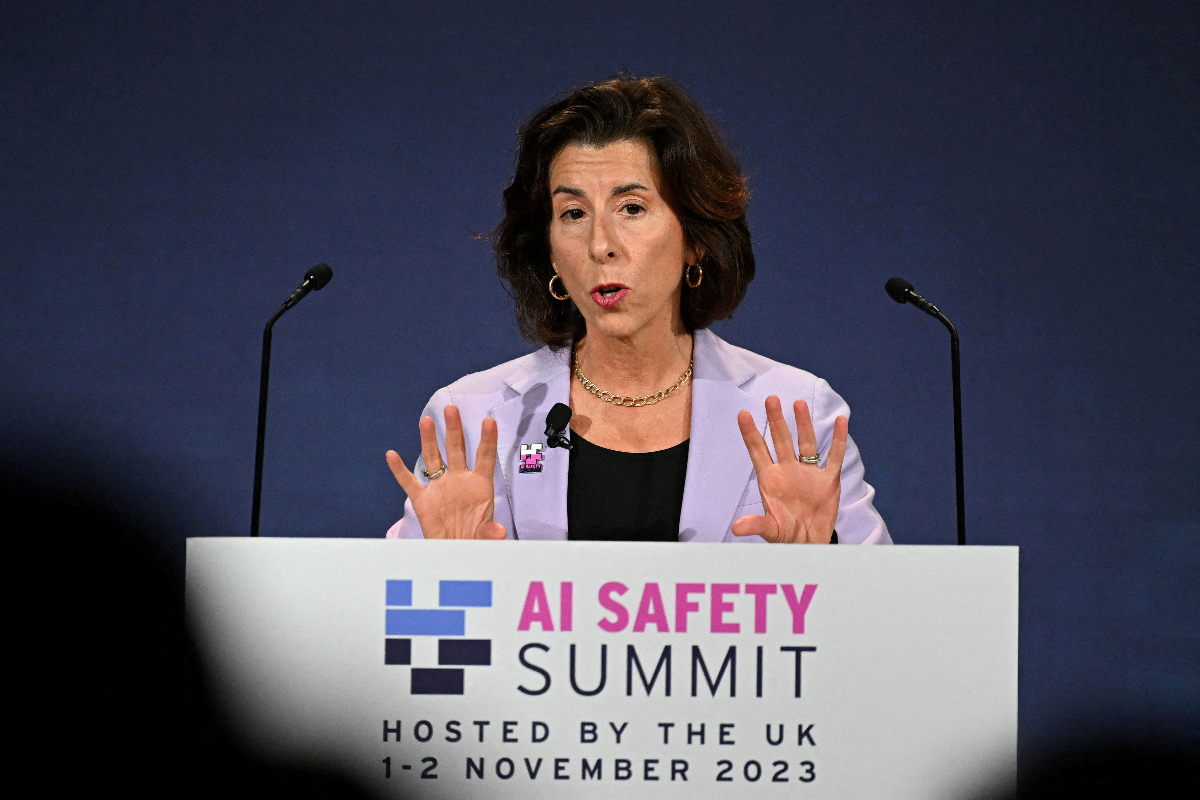US Lawmakers Seek Probe into Chinese Firms at Ford Battery Plant
US lawmakers probe Chinese role in Ford's Michigan battery plant. Four Chinese...

White House AI Council Meets on Risk Reduction
White House Artificial Intelligence Council convened on Monday, marking a crucial milestone three months after President Joe Biden signed an executive order aimed at mitigating the risks associated with artificial intelligence (AI). Chaired by White House Deputy Chief of Staff Bruce Reed, the meeting emphasized the federal government’s commitment to swiftly address challenges posed by AI technologies.
Reed stated that substantial progress had been made in the preceding 90 days, aligning with President Biden’s directive to “move fast and fix things.” Nine key government agencies, including the Departments of Defense, Transportation, Treasury, and Health and Human Services, submitted comprehensive risk assessments to the Department of Homeland Security as mandated by the executive order.
Despite these advancements at the executive level, legislative efforts in Congress to address AI-related concerns have encountered obstacles, with several proposed bills experiencing delays. The Biden administration, not content to wait for legislative action, announced a proposal on Friday that would compel U.S. cloud companies to assess whether foreign entities have access to U.S. data centers for training AI models. The proposed “know your customer” rules aim to safeguard against unauthorized access and potential misuse of AI technologies.
U.S. Commerce Secretary Gina Raimondo emphasized the need to prevent non-state actors, China, or other undesired entities from accessing American cloud infrastructure for training AI models. Raimondo cited the use of export controls on chips housed in U.S. cloud data centers as a measure to curb potential malicious activities.
Furthermore, the administration expressed concerns about advanced AI chip exports, singling out Nvidia. Raimondo clarified that the Commerce Department would not permit Nvidia to export sophisticated, high-processing-power AI chips that could enable China to advance its AI capabilities.
President Biden’s executive order leverages the Defense Production Act to mandate developers of AI systems with potential risks to national security, the economy, public health, or safety to share safety test results with the U.S. government before public release. The Commerce Department is set to issue survey requests to companies, giving them a 30-day window to respond. Secretary Raimondo emphasized that non-compliance by any company would be considered a red flag.
As the White House AI Council continues its efforts to navigate the complex landscape of AI risk reduction, the administration remains committed to proactive measures and collaborations across government agencies to address emerging challenges in the AI ecosystem.
Catch all the Business News, Breaking News Event and Latest News Updates on The BOL News
Download The BOL News App to get the Daily News Update & Live News.